Publishing Industry Trends
The Writer’s Edge Service will finish 20 years of activity this year and we’ve seen a lot of change over those years in the acquisition of new manuscripts by religious publishers. Some thoughts about where publishing is going:
Traditional Publishers Remain on the Quest for the Big One. The emergence of super-seller books like the Left Behind series, Purpose Driven Life, and The Shack continues to move religious publishing into the big leagues. Many of the major Christian publishing houses are owned by “The Big Six” secular publishers. Zondervan and Thomas Nelson are owned by Harper Collins which is owned by Rupert Murdock. Simon and Schuster owns Howard Publishing. Random House owns Waterbrook/Multnomah.
The great hope by most every decision-maker at the larger companies is that they will strike gold with another Rick Warren book or, forsooth, another whole series like Left Behind. And why shouldn’t they dream big. They have the clout and the resources to continue to chase the “A” authors of the world. It does, however, seem that unknown writers or the writer without a following has little hospitality with the larger companies. Publishing is a risk business to begin with, and publishing new authors is even more risk. But these publishers DO find ways to look for new authors and DO find fresh voices that become the future stars of writing. And some of those writers are found through Writer’s Edge every year. Add to that the fact that many smaller publishers are always happy to sift through our reports to find new writers. For writers we serve, these smaller companies can be added positive hope for favorable attention.
Changing Distribution Patterns. The book industry has also changed somewhat with the decline of small dedicated bookshops and the emergence of the big chains, including the general market outlets. The largest distributors of Christian books, in order, are: Amazon, Barnes & Noble, and CBD. There are also the Christian chains such as Family Christian stores, Lifeway, etc. Rapidly declining and fast disappearing are the independent bookstores which would stock the unusual or unknown title. Those small bookstores were more open to an ordinary “good book” than the big chains. Enter Amazon that gives “virtual” stock to just about everything. And then there is the eBook emergence.
The eBook Explosion! It’s become clear to all that eBooks and eReaders are here to stay. This is now the fastest growing segment of book publishing and sales. While print will be here for a long time, eBooks promise to not only keep new books coming, but coming at a faster pace than ever before. eBooks and Print on Demand have “leveled the playing field” for authors to find ways to get noticed. Many traditional publishers are exploring ways to capitalize in greater measure on these new technologies. It provides less risk for them to try new authors and try new things. This is good news for writers.
Our Role. The Writer’s Edge provides one way to knock on the editorial door. We have tried to make modest claims for our service. It’s not the only way to market a manuscript, but anyone who has put time and energy into a writing project should try to push on every door to find a wider audience for the work. At the same time, writers have to remember that more is being written than commercial companies want to take a chance on and, of course, their first question is always, “Can we sell this?”
How Acquisition Editors View and Evaluate Potential New Authors
First, what are “positive” things they look for? (i.e. the things Publishers pay instant attention to): . . .
The author’s “platform” or zone of influence. We have heard editors say “we don’t publish books–we publish authors.” This means: If you have a “constituency” or a following, their heads will immediately turn. Examples: a national radio or TV broadcast; a history of other books that have sold well and given you a loyal following; newspaper or magazine appearances on a regular basis (e.g., a column); a regular speaking schedule at events, the larger the better; a large church which you lead or have lots of loyal influence; a blog or social network presence with a huge following; fame as a musician or entertainer or other celebrity status. You get the idea. This is the celebrity juggernaut that everyone laments but is still a reality.
Your promise to buy lots of books. Example: your organization will take 5000 copies of the first printing. How could the publisher lose? They can print 6000 and still do well. And your copies will help promote their copies in the word-of-mouth reputation of the book. Some publishers would be thrilled if you agreed to take 1000 copies at discount off the retail price.
Significant topic in an area of significant interest. The key phrase is significant area of interest. The publisher sees that you are writing on cult deprogramming (for example) just as that turns up in the news and you are being widely quoted on the subject. If nobody is interested in your specialty, it’s no help in the success of your book. And fiction is a wild card since the story carries its own appeal. There are, however a few “trendy” categories (Amish fiction, End Times fiction and non-fiction, Near Death experiences with visits to Heaven…no one is quite sure if all these are non-fiction) which continue to mystify why so many in some of these trendy categories keep selling and selling and selling.
General credibility: Some areas that help would be your academic credentials, especially in the area of your writing, official standing with an organization or church. Example: a faculty position in a college or an ordination with a recognized denomination. Clarity, integrity, good reputation–these all aid the plausibility of your work.
Second, what are “negative” things to publishers? (i.e. the things that can raise “red flags” that can “turn off” Publishers, and Writer’s Edge editors too!):.
Writing projects that are way beyond your expertise. The world looks for credentials in many areas of publication (non-fiction) and if you don’t have some credibility as a knowledgeable authority, your manuscript is probably going to be rejected. We see some areas of religious writing that stall out here. Examples: completely new insights into a field of theology by a writer who may not be aware of what is completely new. Serious students of these areas usually have something that gives them credibility, not just the claim to have studied something for years. You can often work around the problem by securing endorsements from reputable scholars who back you up. And of course there are exceptions to the rule, such as inspirational writing, devotionals, biographies, autobiographies–none of which require heavy academic pedigrees. Fiction is something else, since your expertise is revealed entirely by your story-telling ability.
Topics with low market potential: The publisher hopes for multiple printings–first 3-5,000, then a reprint, then another reprint. But tiny markets, with sales exhausted in the first 1,000 or so copies, are usually negatives. This is the problem with publishing poetry: there just aren’t enough people who buy new poetry from unknown writers. It’s a tiny market.
Topics for markets that can’t be easily accessed. You have a good book with good potential in readership but the publisher can’t think how to reach its intended market and you have few suggestions to offer him. The marketplace wind is not at your back–it’s blowing against you. This has been a problem in the past with books for teens: they aren’t easy to get to since they tend not to frequent the places where a given title is exposed. So you are back to selling the book to someone else who then gives it to the teen. There are still examples of success, and good marketing is always hunting for ways to connect to hitherto remote readers. But the challenge may be intimidating for the publisher who wants an easy sell.
Impossible production formats. We’ve had submitted a commentary on Revelation that totaled 5000 pages. It was not done by a reputable scholar, though obviously by a person who had studied the book deeply. But the usual publisher reaction is negative for huge manuscripts, those that require costly and elaborate printing and design, odd shapes or bindings (like spiral binding–bookstores resist anything that doesn’t fit on a shelf). Expensive coffee table type books loaded with full color are only published by a few publishers. Again, there are exceptions but you are starting in the end-zone with huge novels, costly production, or odd formats for your book.
Excluding children’s books, most marketable non-fiction ranges from a minimum of 30,000 words, to a maximum of 80,000-100,000 words. Most fiction ranges from about 50,000 words to a maximum of about 150,000 words. That is not to say that larger (or smaller) books are not published, but this is the most common range.
Books with no follow-up potential. The publisher hopes to start a string of successes with the publication of a new author. But if this will be the only book you ever write, the investment may not be worth it. Many publishers who find a promising author will want to sign them to a multiple book contract.
Visions and Private Revelations. Publishers who serve the Christian marketplace tend to keep their distance from anything that strikes them as wacky and potentially heretical. Uncomfortably close is the claim that God gave you this material and sent you out to publish it. You can think it, but don’t say it. If you say God dictated it to you: it’s DOA. You imply everyone must accept it as you say or they oppose The Deity.
We serve Christian publishers, most of whom are sensitive to doctrine and image. This means a writer who takes an unorthodox position or comes from a religious group considered unorthodox will have an extra obstacle to overcome. This is not just “unusual” or “fresh” viewpoints but those considered clearly outside the mainstream. This might become a problem for some books written by adherents of New Age or reflecting New Age viewpoints. In some cases, it might be a limitation for writers from Mormon circles. This is especially an issue with evangelical publishers and with some Catholic houses.
Lack of clear Christian content. If a book has no Christian content at all, or lacks a Christian theme or take-away for the reader, you might not pass the screening of our editors and certainly won’t resonate with our participating publishers. Most of our publishers don’t publish things like cookbooks, travel books, how-to-care-for-your-pet books, or other “neutral” topics that have zero relevance to the Christian life or our walk with God. Our publishers are trying to publish material that speaks something relevant in Christian terms to an audience. This is not always pure theology, but it should not be humanism, anti-Christian, or off general Christian topics either.
Foul Language. Beware of the use of swear words in your fiction. Obviously, some “bad” or “shady” characters in your story might naturally have foul mouths. But the Christian retailers (we call them the “gatekeepers”) will shy away from books that contain four-letter words, which means that most Christian publishers will also shy away from them. Unless they see willingness on the part of the author to find creative ways to make bad guys look bad, without the use of four letter words. Sex scenes fall into the same uneasy category.. So beware of how you create and describe the love life of your characters as well.
Our goal is to help you think like the acquiring Christian publishers think, not to discourage your attempts! The Writer’s Edge is committed to getting unpublished authors on the radar screens of legitimate publishers. You may not be a celebrity, have no national platform or constituency, not be able to buy thousands of copies, but if your writing is your calling, we want to help you and are set up to make a good faith effort in finding a publisher.
Should I Hire a Literary Agent?
If you can find a reputable agent to represent you and your writing, it’s probably going to help get your material before an acquisitions editor, especially fiction. This assumes the agent has some credibility and is on a first name basis with the key people who might adopt your book. There are a lot of “would be” agents out there that have no real connections. If you do decide to hire an agent, be sure you first check out what success he/she has had in landing contracts for their authors before you sign on the dotted line.
The Writer’s Edge itself is not a literary agency, but a manuscript screening and display service. I.e., we don’t promote manuscripts and take a commission on the earnings of books. And unfortunately we can’t recommend agents for your work anymore than we can recommend a publisher for your work. We do have credible agencies on our list who receive this report and one might end up contacting you, although we have no influence or control over that.
Children’s Books
Though extremely competitive, the children’s category of publishing is a large and active one. There are always a few entries for children’s category, offered with or without art, in each month’s report from The Writer’s Edge.
Be aware that art is not necessary and may be even unwelcome by many publishers who want to commission their own art. Especially be aware that publishers are cautious of submissions that come packaged with art by a family member (my son the artist, my brother in law, my sister, etc.). Objectivity and candor are usually missing in those situations. Publishers want to control the whole package and are wary of ceding that control to the author.Take a look at some of the recent reports on the site and you can get an idea of what kinds of books people have proposed under the Children category. We have only a few publishers (probably less than a dozen) who do children’s books, so we must warn writers the placement of their entry will be more challenging.
For good reference books, it’s hard to beat the one from the Writer’s Digest folk: Children’s Writer’s and Illustrator’s Market. It comes out every year and has some excellent listings of companies and services.
More About Writer’s Edge Service
Publishers Who Receive the W.E. Reports. All the publishers who qualify to receive the report are full-service, royalty paying publishers. They must pass our evaluation process in order to be included. We do not give access or send the reports to what we consider to be “self” or “vanity” publishers.
Some of our approved publishers have established a “partner publishing” program in addition to their standard publishing process. But in order for a “partner publisher” to be approved, they must have certain procedures in place. In other words, there must be some basic things that they abide by: First, they must be highly selective in choosing authors and not take anyone who can write the check; Second, they must (at least initially) print the books offset (not POD) and print many more than the author is asked to purchase (which tends to prove they have a way to market and sell books); Third, they must have an active sales and marketing team that actually sells books, a catalog that promotes the books to the retail trade, and show proof that their titles actually do get on some retail bookshelves; Fourth, while they may ask the author to purchase copies of their book with the initial print run, they do not charge a range of fees or offer a laundry list of “publishing packages” that serve to exploit the unknowing author. Finally, they also must have a traditional, royalty-based publishing arm.
There are no “vanity” or “self” publishers on our list that we know of. If you hear from any publisher that does not meet the above described criteria, please let us know. Writer’s Edge Service reserves the right to add or delete any publisher for any reason.
Author Exposure on the Writer’s Edge Website. We frequently have said that the main service we offer writers is the emailed report to our publisher list, not the secondary display on our web site. Our view is that web exposure is not widely used by the acquisition editors who are on our list; they will read the email report in their inbox long before they surf the web looking for the next big book. But the website exposure does provide a couple of valuable things: First, it does give reputable publishers not on our list a place to go and see the synopsis of your work and, if interested, contact us for more information on how to contact you. Secondly, it does prove that you “made the cut” and have been included in the Writer’s Edge report that goes to the publishers. You can point to this as one step in accomplishing your goal and let others know it is there for review. Our system automatically posts all approved proposals to the website..
NOTE: We no longer publish your contact information on the web. Due to so much fraud, scam, and spam, we feel it necessary to keep your information confidential. Your contact information is included in the report that goes to our approved publisher list so they can contact you direct, but it no longer will be seen by everyone who visits our website. This excludes not only “self” or “vanity” publishers (which you can already find in abundance through other sources should you chose to go that route), but it also prevents other scams and spams from knowing how to contact you. Reputable publishers who find your listing on the web are encouraged to contact us and, if approved, will be given your contact information.
If for some special reason you to not want your basic posting on our website, please contact us at info@writersedgeservice.com and tell us the reason and we will try to accommodate your request.
Our Performance on Your Behalf.
The Writer’s Edge provides one way to knock on the editorial door. We have tried to make modest claims for our service, knowing the difficulties of penetrating editorial offices with a good idea. This is not the only way to market a manuscript, but anyone who has put time and energy into a writing project should try to push on every door to find a wider audience for the work. At the same time, writers have to remember that more is being written than commercial companies want to take a chance on and, of course, their first question is always, “Can we sell this?”
Most of the writers we service are very grateful for one more way to try to place their manuscript with legitimate publishers. We receive many kind notes of appreciation, even from people who have their manuscripts rejected. Thanks to all of you. And we have seen many, many authors picked up over the years as a direct result of their submission to Writer’s Edge and subsequent selection to be in the monthly report to publishers. So we do know it works for some. (See “Author Success Stories”)
But some are critical and have complaints, always patiently listened to. The most plausible critics are those who report they put their book into our system, it was accepted for reporting, but they never heard from a publisher. There are, no doubt, many reasons. Some publishers are inundated with projects for that particular month and have lots of deadlines to meet. Some acquisition editors who specialize in a certain genre just didn’t see a good fit for them. Some maybe saw something, put off making the contact, then got busy with something else. It’s also true that one of our editors might have selected something that simply did not resonate with anyone else. Editors are human like the rest of us. Or maybe you listed your manuscript in the wrong category. There can dozens of reasons none of which we have control over.
You can be sure The Writer’s Edge is trying hard to push publishers to explore the listings in our reports. We get frustrated with the publishers like you do: some of them act like they won’t ever need any new authors. Others go for months indifferent to new authors, then panic when their lists are too thin for the coming season. It is the Writer’s Edge credibility that gets us in the door, but all we can do is put an attractive report in publisher’s hands and let them decide what to do with it. We have no influence beyond that.
Rejection: Understandably, another unhappy customer is the writer who has been told his or her manuscript is not a promising potential book and we are not able to accept it for our reports. We concede: sometimes the reviewers are wrong: they misunderstood your book, they jumped to faulty conclusions. In those cases we try to listen to the writer and sometimes grant a second review to double check what the first reviewer concluded.
But more commonly, the writer may have trouble hearing that the proposal just doesn’t work. It may have many of the shortcomings of the “liabilities” we mentioned above or it just may not compete well with the vast number of other manuscripts publishers are looking at. The reviewer is told to be candid, and the writer paid for a candid, honest opinion. The reviewer, unlike your mother or sister-in-law, doesn’t know you; he or she knows only the words on paper. This means the reviewer is comparable to the editor at a publishing house. Remember, a critic can be more useful than your friends, since the critic will tell you things your friends and relatives won’t!
Keep in mind that even if you are rejected, we offer some constructive and objective criticism on what you need to do to make it better. We also suggest some valuable resources for you to consider. Many writers have come back a second time to Writer’s Edge and found approval.
Finally, we have our critics from a few who pronounce that services like ours don’t work. They may say that at a writer conference or on website bulletin boards. We don’t always know what service they are referring to, but we know that the Writer’s Edge Service has seen books picked up by true royalty-paying (not subsidy) publishers every year we’ve been active since the early 90s. Some years have been very impressive. See our page of Author Success Stories on this website. There’s no guarantee, of course, and we can only do our best to get the publishers to notice our reports.
Candidly: How good is your book? That will finally be the issue–not how good is Writer’s Edge on your behalf.
.The Challenge
From the outside, it may appear that there is no way for the unknown or first-time writer to break into publishing and get one’s book into print. This is even more the impression since most companies have literally ceased opening their mail from writers they don’t know. You are entitled to suspect a conspiracy or a cabal of those who are “in” versus the rest of us.
The January 15, 2010 Wall Street Journal has an article on “The Death of the Slush Pile” (p. W1). It reports that Random House, the largest US publisher, has not found one publishable book in its incoming mail since 1991. Their solution: find an agent who will represent you! But the same problem persists in finding an agent. The agent supplies credibility and some minimal evaluation for quality. We feel The Writer’s Edge Service can function this way also with publishers who know us and trust our judgment.
Despite the difficulties, publishers need new books and new authors. They are under pressure to find new ones. At times they almost panic with too few for the next list. In a recent year, there were 172,000 new books published by all the legitimate publishers in North America. Where did they find all those books? They must pay attention to the quest for new books despite what appearances may suggest.
Writer’s Edge recently surveyed its publisher clients and the overwhelming source of new books for them is their present list of writers. A close second is the list of writers published by other companies. This suggests that once your first book appears and you have some credibility as a published writer, the rails are greased for a succession of future books. In fact, it is common for a publisher to want to sign a new author to a multiple book contract. In pursuit of that coveted first base, you can pursue interim steps like starting a blog, submitting short pieces for magazine articles, journal or academic writing, and public speaking. In other words, start now building a credible platform. Any of those steps will enhance your visibility and credibility.
Writer conferences that feature editors and agents have helped many unpublished writers gain exposure for their work. We recommend them if you can find conferences with your style, content, and genre. We were pleased in our recent survey to find the publishers readily pass their Writer’s Edge monthly reports to the key editors looking for books; hence, The Writer’s Edge Service is in there representing you as best it can. Try everything and something will likely develop!

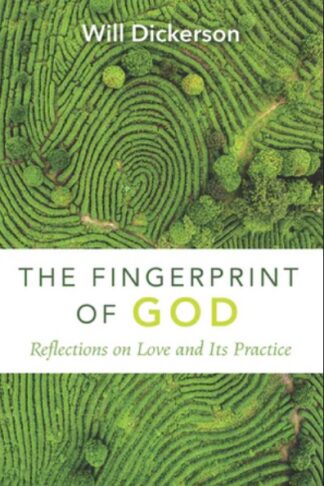
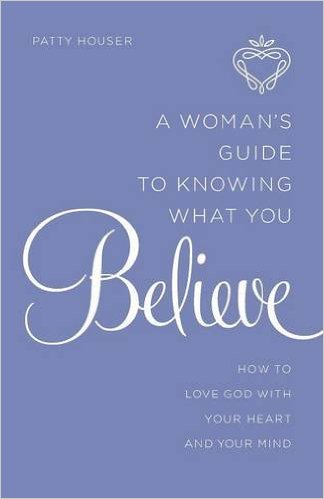
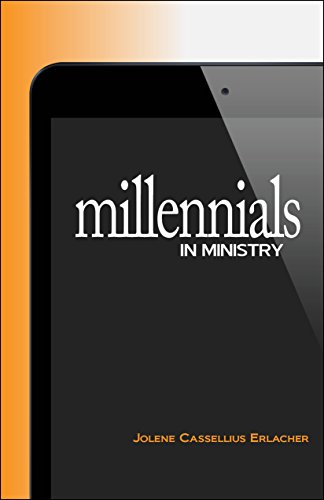
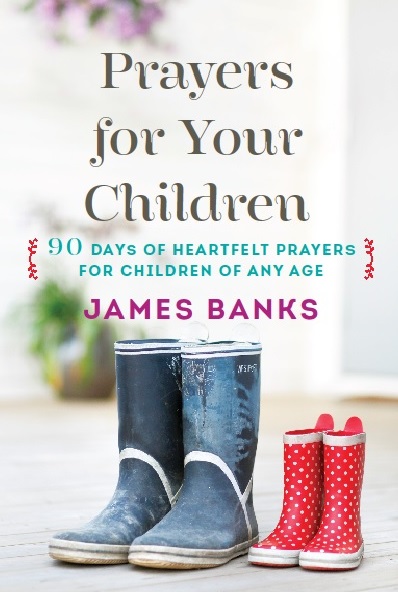

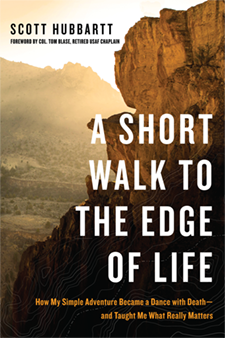

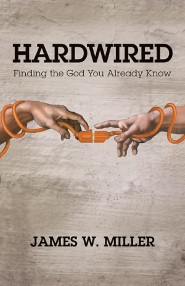
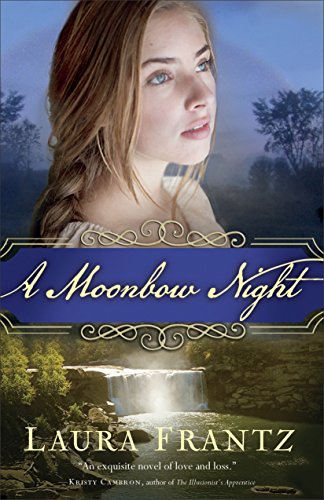
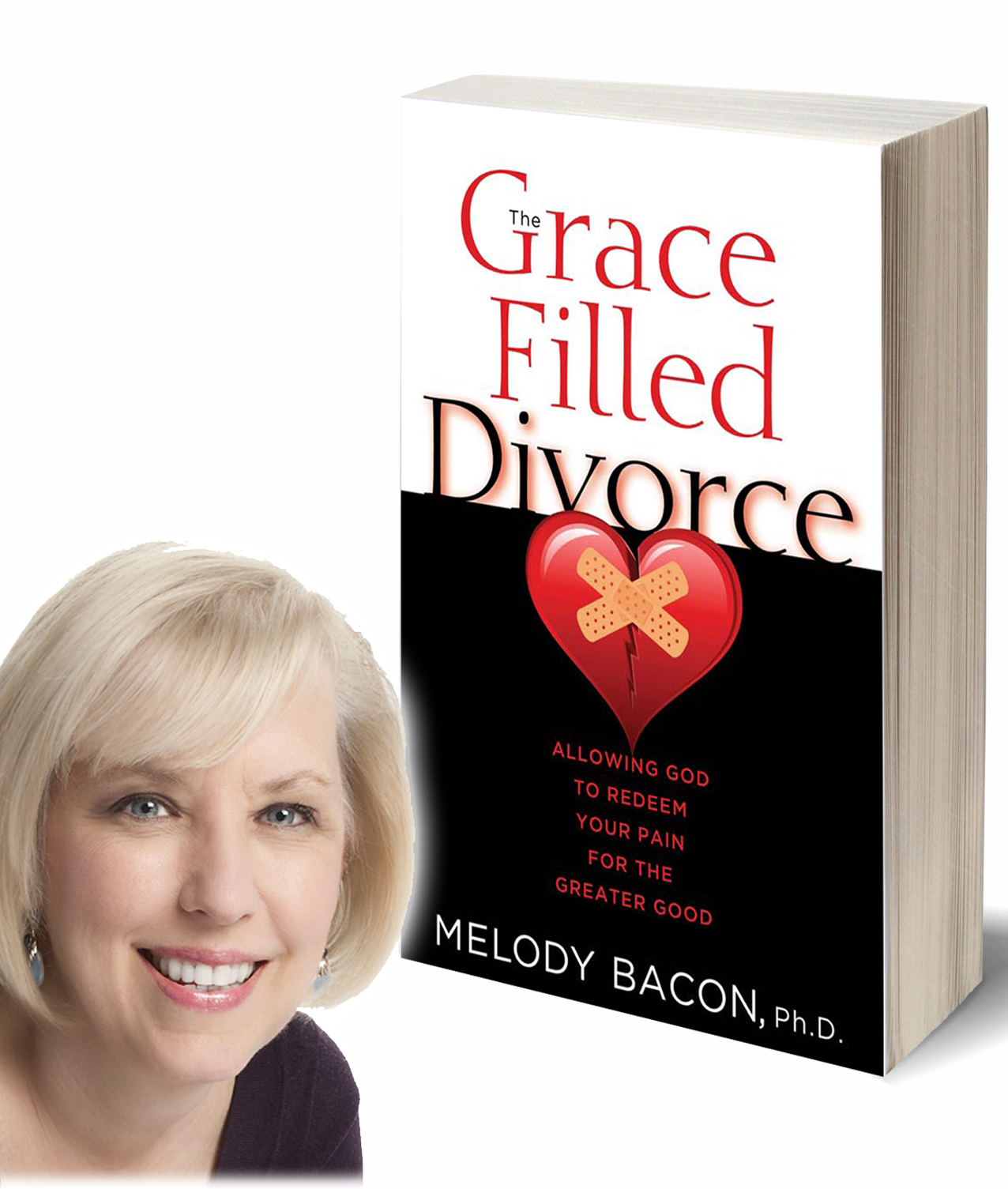
Pingback: Changing Trends in the Book Publishing Industry – Writers Edge Service